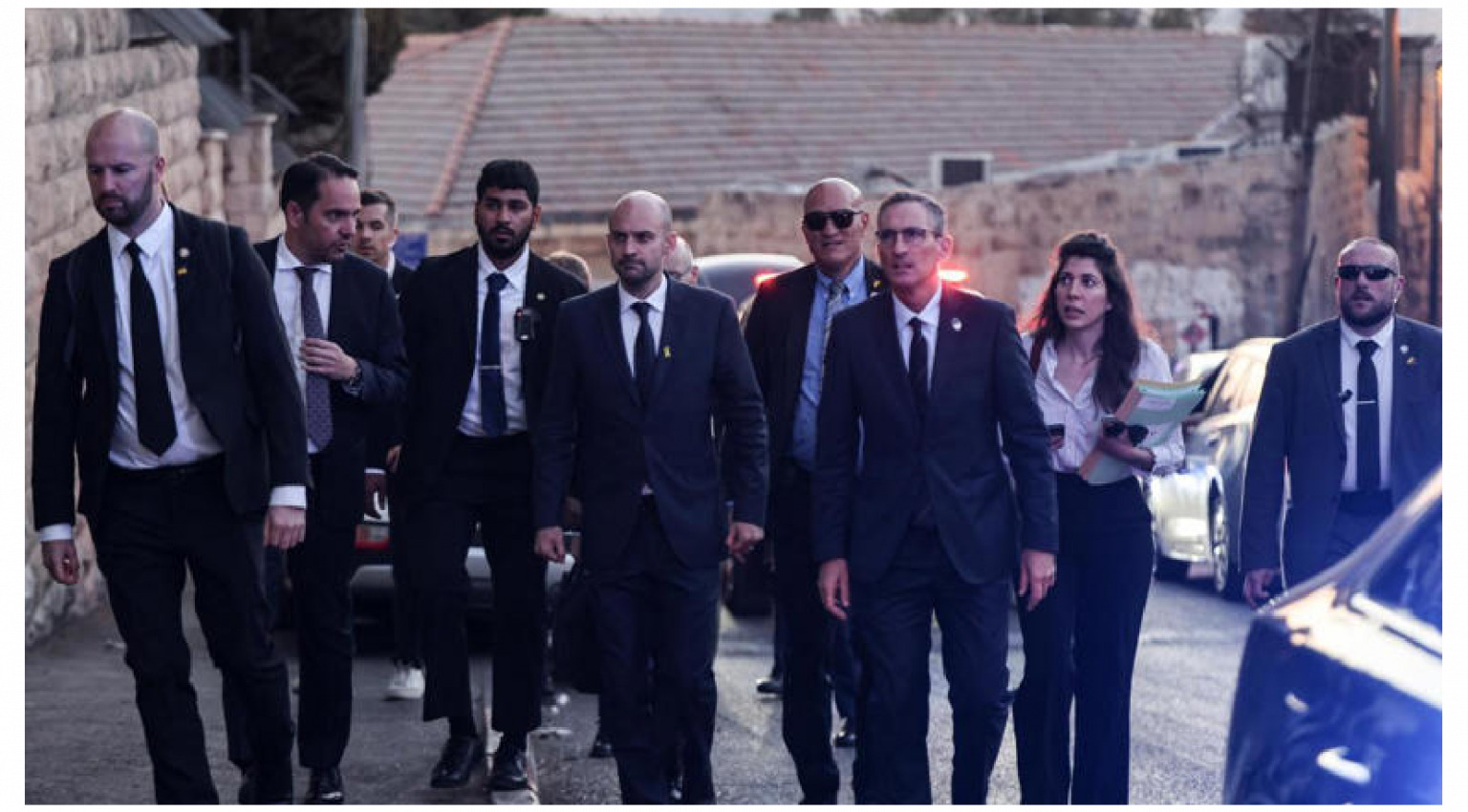On November 7, Israeli police entered the grounds of the Pater Noster Church on the Mount of Olives, briefly detaining two French security officers and igniting a diplomatic dispute. The site, managed by France for over 150 years, is one of four properties in Jerusalem under French control, but this unprecedented breach has stirred deep concerns in Paris. France’s Foreign Minister, Jean-Noel Barrot, had been set to visit the church complex—known as Eleona in French—but abruptly canceled after learning of the police intrusion, calling it “unacceptable.” France’s Ministry of Foreign Affairs responded swiftly, declaring it would summon Israel’s ambassador to address what it described as a violation of diplomatic protocol. The incident has added strain to an already tense relationship between France and Israel. French officials reported that Israeli authorities had been instructed not to enter the property before Barrot’s arrival, a directive that was disregarded. Witnesses on the scene described an altercation between the plain-clothed French gendarmes and Israeli security. According to reports, Israeli police pushed one gendarme to the ground as he attempted to identify himself, repeatedly shouting, “Do not touch me,” before being escorted to a police vehicle. Both gendarmes were released shortly after their identities were confirmed, but the disturbance left a sour note, with Barrot expressing concerns outside the church grounds. Barrot’s diplomatic visit, which was intended to foster closer relations, has been overshadowed by the altercation. “This violation of a site under French stewardship risks undermining the diplomatic ties I came here to strengthen,” Barrot told reporters, visibly unsettled. France has long viewed its four church properties in Jerusalem as extensions of French sovereignty, and any breach of these sanctuaries is considered a serious matter. The Israeli Ministry of Foreign Affairs argued that the police intervention was a matter of security protocol, claiming that the French officers failed to identify themselves and attempted to obstruct the Shin Bet security personnel. However, French diplomats have rejected this version of events, alleging “false accusations” from Israeli authorities. Images released by AFP show Israeli officers cautioning the French security team to display identification in the future, with one of the gendarmes responding that the officers already knew of his diplomatic status.
The recent incident is not an isolated case. Tensions have flared in the past regarding French-administered properties in Jerusalem, often amid larger geopolitical disputes. In 2020, President Emmanuel Macron forcefully demanded that Israeli guards exit the French-controlled Church of Saint Anne. And back in 1996, President Jacques Chirac publicly scolded Israeli security for what he deemed “provocative” behavior during his visit.
Adding to this current diplomatic standoff, relations between France and Israel have deteriorated over France’s stance on arms exports to Israel. French President Emmanuel Macron recently advocated ending supplies of offensive weapons used in Gaza, citing humanitarian concerns. France has also signaled its disapproval of Israeli military actions in both Gaza and Lebanon, and, earlier this year, attempted to limit Israeli arms firms from showcasing their wares at a defense expo in Paris. Barrot’s visit was initially planned to include talks on regional stability and peace-building efforts, especially in the wake of the recent U.S. elections. However, this latest incident is seen by some analysts as a setback for diplomatic engagement, raising questions about the potential for de-escalation in a highly polarized region. As diplomatic channels remain open, Paris and Tel Aviv are under mounting pressure to address the incident, with France urging respect for its properties and Israel emphasizing security concerns. This complex situation continues to unfold, adding another chapter to the long history of tension surrounding foreign-administered sites in Jerusalem.
By: zenit






